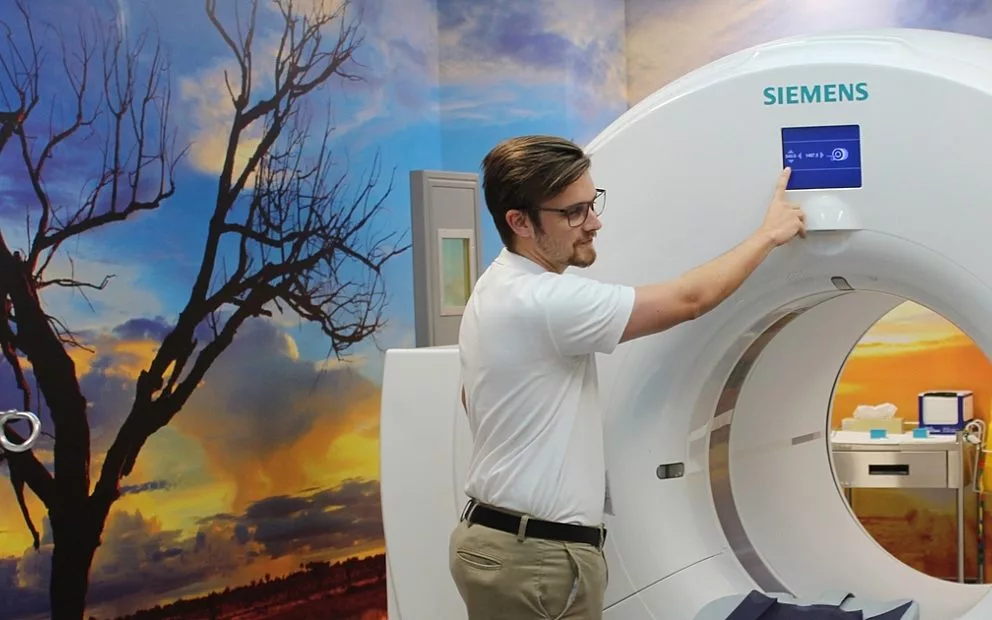“It’s like pulling teeth,” Dr Ryan O’Hare Doig explains about his new award-winning project.
But Dr O’Hare Doig doesn’t mean it in any idiomatic sense - his project indeed involves pulling teeth.
“We’ll investigate the use of dental pulp stem cells as a more viable therapy for people who’ve suffered a spinal cord injury (SCI),” he says.
Stem cells are known for their potential therapeutic uses, including repairing damage to the spinal cord. The problem researchers like Dr O’Hare Doig face is that severe conditions around SCI limit stem cells’ survival and differentiation.
“We know that the small number that do survive have a significant effect individually, but there’s not enough of them to have a dramatic overall effect,” Ryan says.
“So what we plan to do is pre-expose stem cells to those severe conditions in the lab and collect a critical mass of surviving ‘gladiator’ cells that we can then introduce to the patient.”
Ryan’s pre-clinical study will also use advanced imaging techniques to track stem cells within the body in real-time.
“We’re able to add a bioluminescent enzyme to stem cells that emits light,” he says.
“Using SAHMRI’s in-house imaging technology, we can track how many of those cells survive and where they are in the body. We can also determine if the surviving stem cells differentiate into neurons and/or other cell types.”
The team will source stem cells from teeth because they’re easy to harvest with known neuroprotective properties. If the work progresses to clinical trials the stem cells will come from the patient’s own teeth to prevent the need for immunosuppressant drugs.
“Losing a tooth or two would be a small price to pay for a therapy that could repair spinal damage while avoiding the risks and debilitating side-effects of immunosuppressants, particularly in our younger patients” Dr O’Hare Doig says.
This novel project was recently recognised with a highly coveted Discovery and Innovation Award from AOSpine while Dr O’Hare Doig was appointed as an Associate Member of the AOSpine SCI Knowledge Forum. He was one of just 11 recipients worldwide and one of just two Australians.
The award brings with it a 45’000 Swiss Franc research grant and the opportunity to expand his professional network beyond local collaborators including spinal surgeon Professor Brian Freeman, stem cell biologist Professor Stan Gronthos, neurologist Professor Simon Koblar and senior research fellow Associate Professor Jillian Clark.
“North America dominates a lot of this research and it’s difficult to access the North American expertise,” Dr O’Hare Doig says.
“Professors Michael Fehlings from Toronto and Brian Kwon from Vancouver are the world’s leading experts in spinal cord injury.
“Having international leadership and a different cultural perspective to provide feedback on your work is really special. I am extremely honoured”
Ryan is seeking honours or post-graduate students with an interest in neuroscience, neurotrauma, molecular biology or stem cells to be part of this landmark study. Click here for more information.
Ryan and his team are also poised to progress to the clinical trial stage of Project Discovery, which aims to revolutionise the diagnosis, prognosis and treatment plan for sufferers of SCI.


